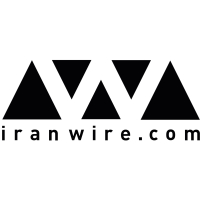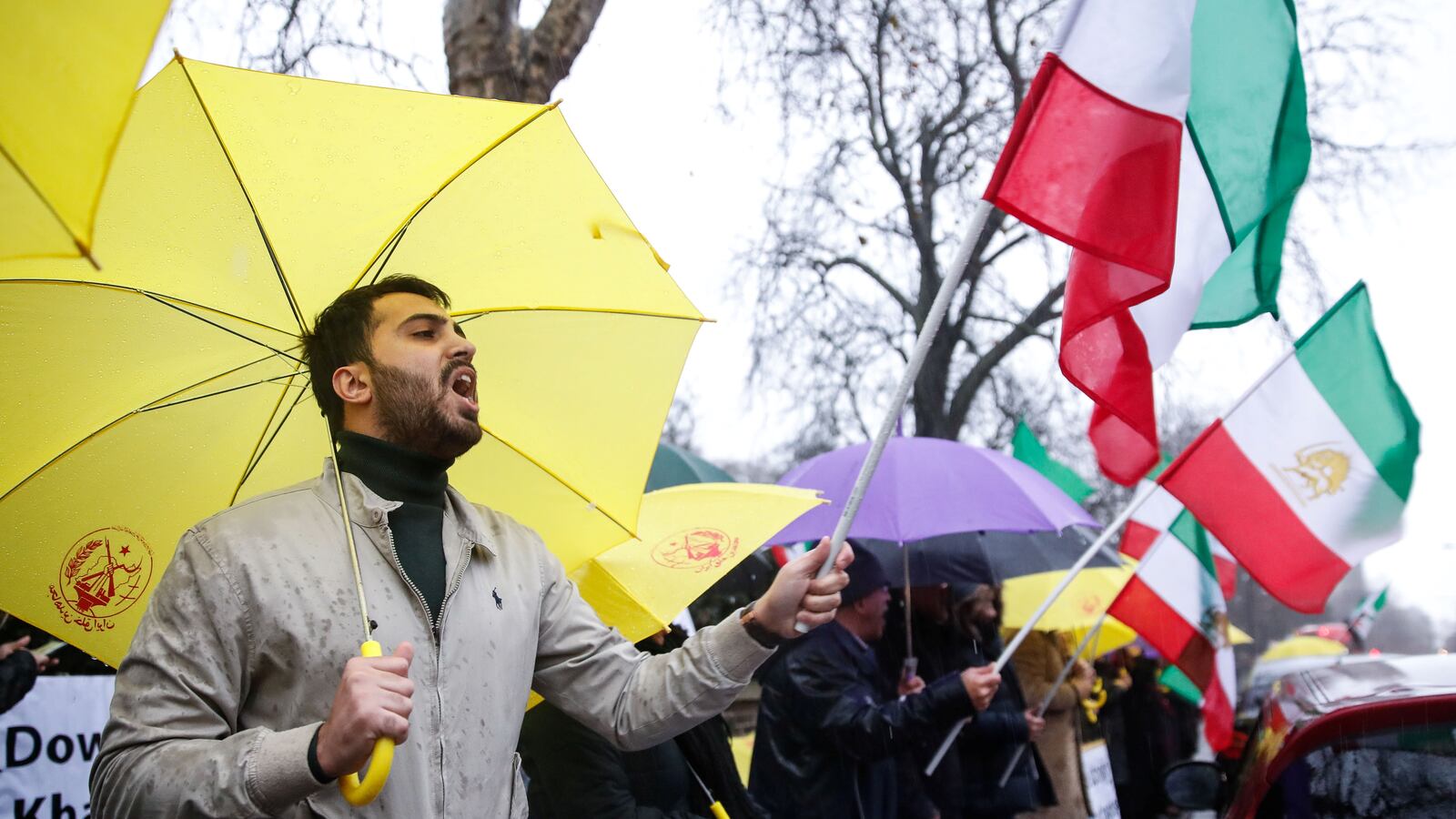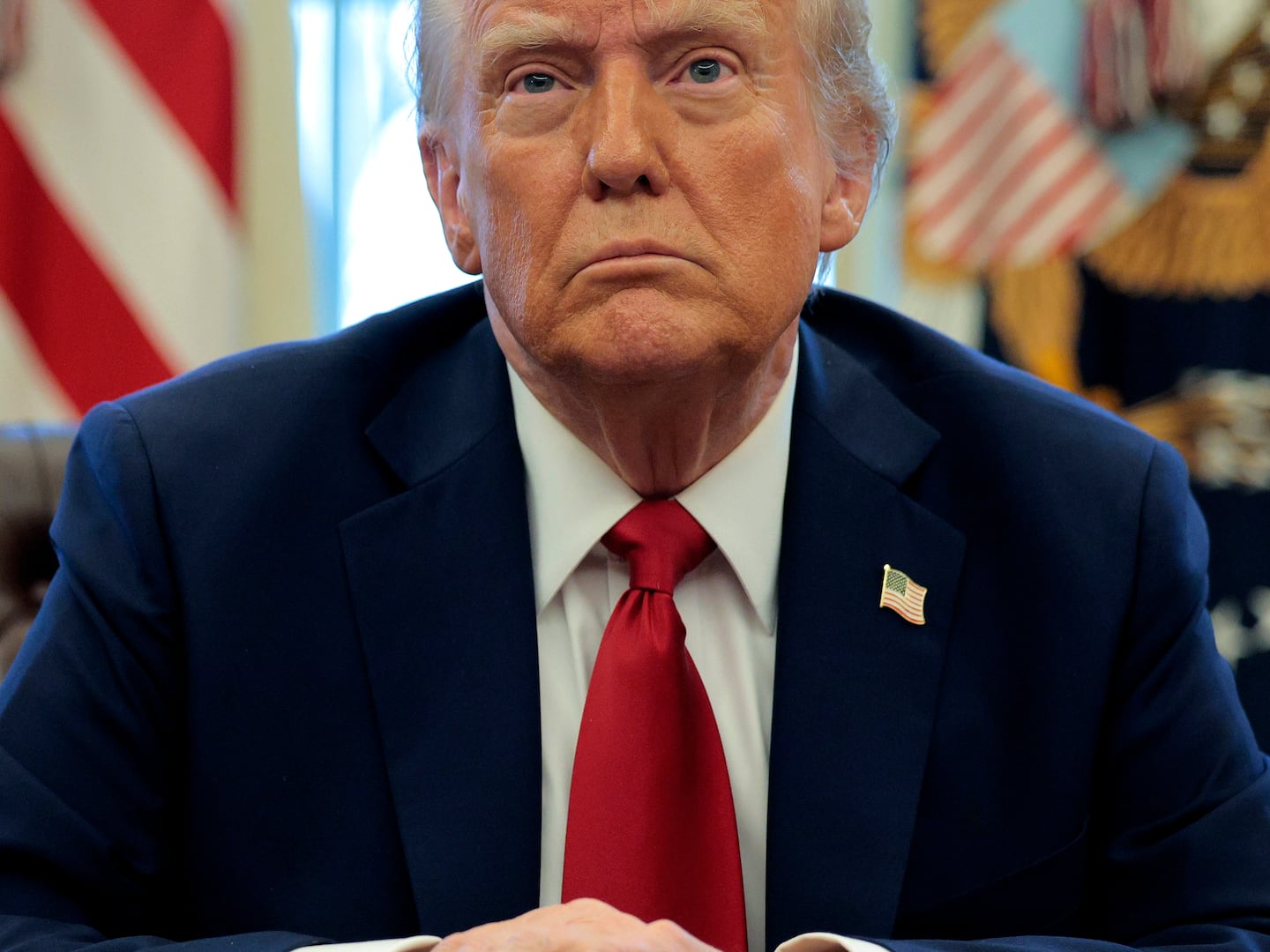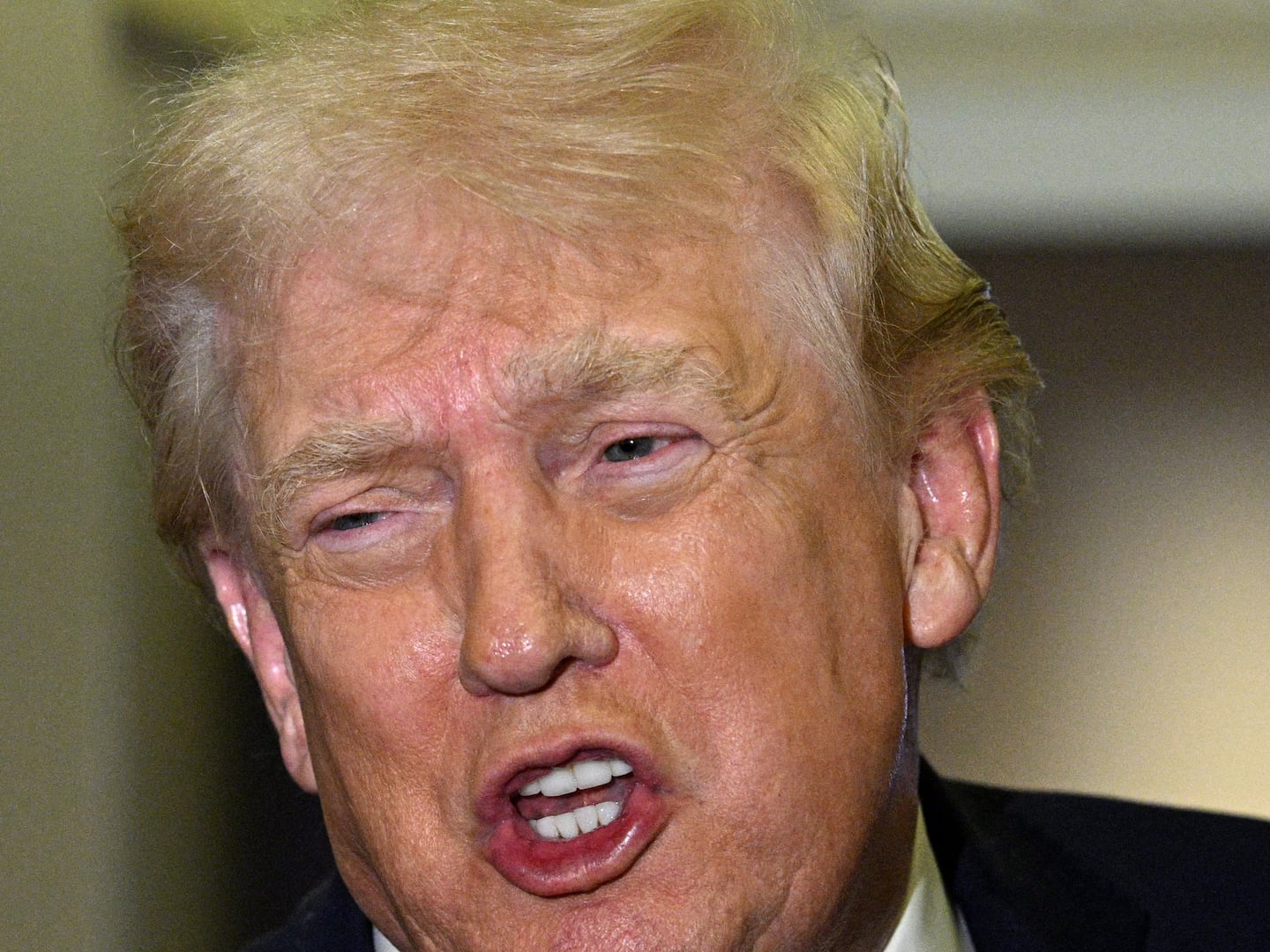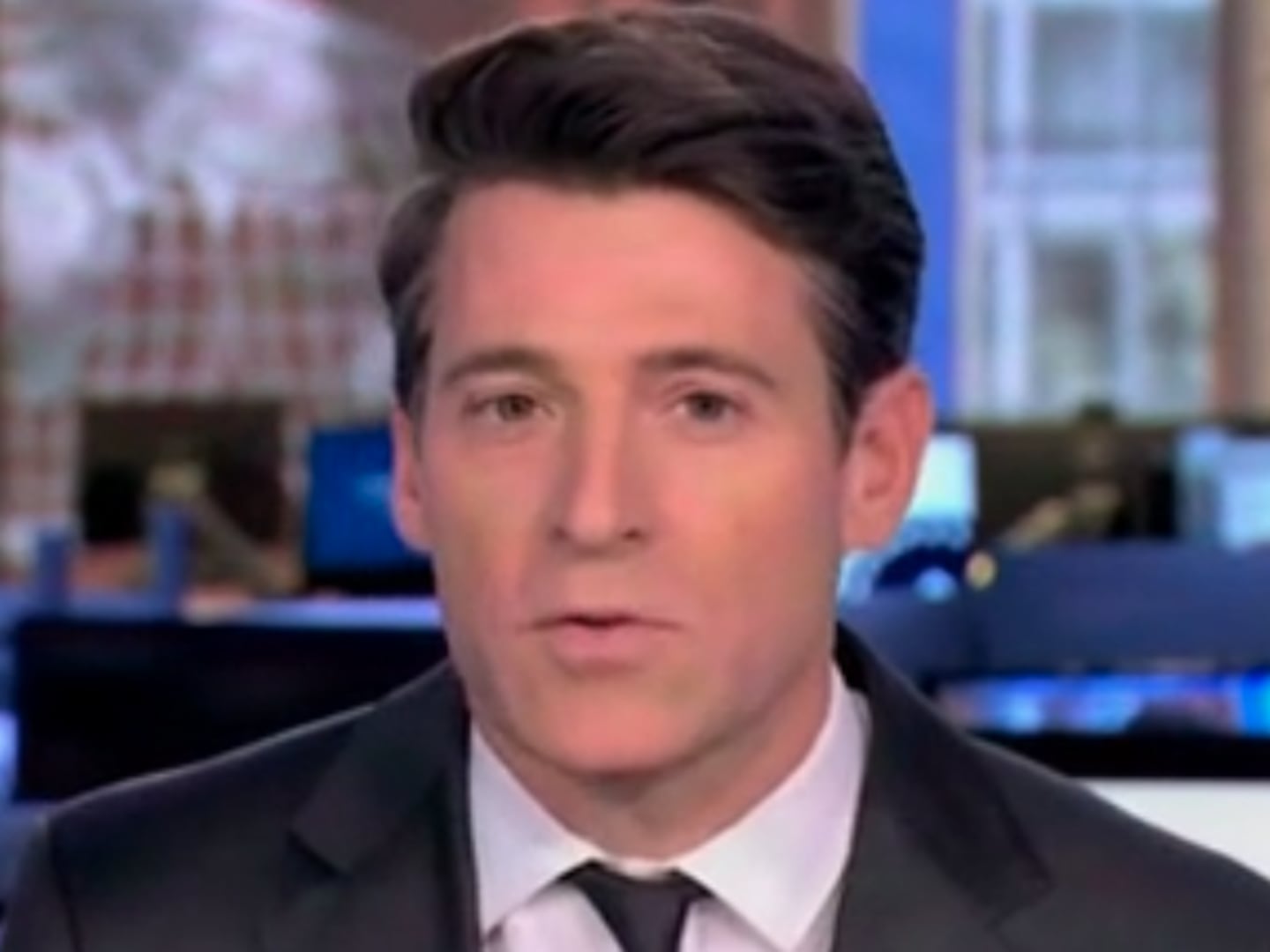The spark that ignited Iran’s nationwide protests was lit Dec. 28 in Mashhad, but in just days the flame has spread to many of its cities and provinces. On Tuesday, reports emerged that at least 21 people had been killed in the unrest and as many as 450 had been arrested.
But for almost three full days, the Islamic Republic of Iran Broadcasting (IRIB) was silent about the events, as were the Islamic Republic authorities themselves. One reason for this silence may be that, this time, the slogans were not the same as those shouted by (occasional) protesters ever since the disputed 2009 presidential election. This new wave of protesters are radically different from those that former President Mahmoud Ahmadinejad had called “dirt and dust” during the 2009 unrest.
Ghasem Sholeh-Saadi, a human-rights activist, former member of parliament from Shiraz, and a professor of international law at the University of Tehran, said that with their recent protests, Iranians have gone beyond the borders of reformism and their demands can no longer be met within the confines of the reformist political agenda.
In a new interview with IranWire, Sholeh-Saadi explains how he came to this conclusion.
Why do you believe that people have gone beyond the confines of reformism?
Notice that in this unrest they do not even use the slogan “O Hossein, Mir Hossein!” [the slogan—with religious connotations—chanted by the supporters of Mir Hossein Mousavi, the reformist candidate in the 2009 presidential election]. I believe people have gone beyond that, and their demands, which until a few days ago were not very clear, are now cohesive and widespread. Now the government cannot move its forces from one city to another because the protests have spread everywhere. It has no effective means to suppress [the people] and, even if it could, cracking down would not solve their problem.
How do you think the government can extricate itself from this crisis?
It is now time for Khamenei [Iran’s supreme leader] to make some fundamental decisions. I have no idea why in the past few days he has kept silent. In a letter that I had written to Khamenei, I had predicted such events and I pointed to the collapse of the Soviet Union as an example. I wrote that in 1978, U.S. President Jimmy Carter described Iran as “an island of stability” in the unstable sea of the Middle East. But the 1979 revolution began only a day later. One assumes that such a declaration by the U.S. president must have been based on an accurate analysis and information, but it did not last more than a couple of days.
I wrote to Khamenei that the Soviet Union collapsed because a bunch of fossils like Brezhnev, and others who did not have a shred of innovation and flexibility in them, had stayed in power for too long. I wrote that Iran needs innovation.
What do you mean by “innovation”?
In Iran, many of our officials must die before they are dismissed from their jobs. Nothing changes and there is no flexibility. There is no retirement for these gentlemen, either. Ahmad Jannati [the 91-year-old chairman of the Assembly of Experts, chairman of the Guardian Council, and Tehran’s acting Friday prayers leader] has been in his position for years and years.
Iran is a country of diverse ethnicities and beliefs and is a symbol of peaceful coexistence. Why must it be the prisoner of such narrow confines? They say we have elections—but the people do not have the right to vote for those whom they want. They must vote for someone picked by a handful of people like Jannati in the Guardian Council. A country of 80 million must vote for the choices made by Jannati and a few others.
In the meantime, things are happening and changing almost moment to moment in the global village. Even Saudi Arabia, with all its reactionary traditions, has seen what they need today and has started implementing reforms. But in Iran, women cannot go to stadiums. Or people cannot listen to the music that they want. They must buy air tickets and travel to Dubai or Iraq or some other neighboring country to see their favorite artists. These policies are archaic and are no longer acceptable.
Where do you think these protests are going?
Unfortunately, in several cities the protests have led to violence. In Karaj, the building of the justice ministry was set on fire. In Arak, the governor’s office was occupied. In other towns, like Malayer, the offices of the Friday prayers leaders were set on fire. Things are getting out of hand. And I believe that this will continue because the government cannot satisfy people’s demands and, with the present structure, our rulers are not ready for change. For the moment, we are at a political impasse.
Was it only rising prices that triggered these protests?
IRIB and other unelected bodies are trying to present economic problems as the cause of these protests. IRIB talks nonstop about “the rightful demands of the people for their livelihood” but what they mean to say is that the shortcomings are the fault of [President Hassan Rouhani’s] government—and that it’s the government’s duty to provide for people, which it has not.
In my view, there is no truth to these claims. There is an accumulation of frustrated demands—political, economic, or professional—among the people. Credit institutions have even frozen and blocked assets that belong to some people. And many are especially angry at the justice system.
In 2009, too, at a certain juncture, people’s demands grew into challenges to the system itself. In the beginning, they shouted slogans about lost votes and fraud in the election result and people were addressing Ahmadinejad. But three months later, their slogans turned to calling for “independence and Iranian Republic” and called for “Death to the dictator!” It was here that Mir-Hossein Mousavi and Mehdi Karroubi hit the brakes because they had no issues with the system itself. They had problems with Khamenei personally, but not with the system as a whole. Even then, they did not have issues with all his positions but only with some of them.
Now the accumulation of unmet demands, the complicated economic issues and the security atmosphere has made it so that in only three days and with unbelievable speed, the slogans have turned radical and are voicing open opposition to Khamenei and Rouhani. Protesters are now openly throwing insults at their leaders. Today, the students were chanting “Reformists, Principlists: It’s over!” [“Principlists” is another term for Iran’s hardliners.]
All these, in my view, show that people have left the reformists behind.
